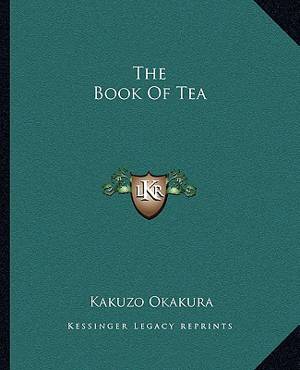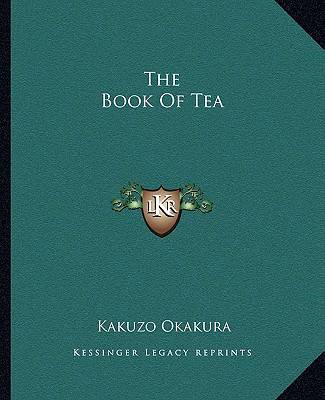
- Retrait gratuit dans votre magasin Club
- 7.000.000 titres dans notre catalogue
- Payer en toute sécurité
- Toujours un magasin près de chez vous
- Retrait gratuit dans votre magasin Club
- 7.000.0000 titres dans notre catalogue
- Payer en toute sécurité
- Toujours un magasin près de chez vous
Description
The Book of Tea is a classic work on the art of Japanese tea culture, written by the Japanese scholar Okakura Kakuzo. Originally published in 1906, the book explores the history, philosophy, and aesthetics of tea in Japan, and its influence on Japanese culture and society. The book is divided into several chapters, each of which delves into a different aspect of tea culture. These include the origins of tea in China, the development of tea culture in Japan, the art of tea ceremony, the role of tea in Zen Buddhism, and the relationship between tea and art. Throughout the book, Okakura emphasizes the importance of simplicity, harmony, and beauty in tea culture. He argues that the tea ceremony is not just a ritual, but a way of life that embodies the principles of Zen Buddhism, and that the beauty of tea lies in its ability to bring people together and create a sense of harmony and peace. The Book of Tea is a fascinating and insightful exploration of one of Japan's most cherished cultural traditions. It is a must-read for anyone interested in Japanese culture, philosophy, or aesthetics, and is widely regarded as a classic work of literature on the subject of tea.Tea began as a medicine and grew into a beverage. In China, in the eighth century, it entered the realm of poetry as one of the polite amusements. The fifteenth century saw Japan ennoble it into a religion of aestheticism --Teaism.This scarce antiquarian book is a facsimile reprint of the old original and may contain some imperfections such as library marks and notations. Because we believe this work is culturally important, we have made it available as part of our commitment for protecting, preserving, and promoting the world's literature in affordable, high quality, modern editions, that are true to their original work.
Spécifications
Parties prenantes
- Auteur(s) :
- Editeur:
Contenu
- Nombre de pages :
- 44
- Langue:
- Anglais
Caractéristiques
- EAN:
- 9781162689333
- Date de parution :
- 10-09-10
- Format:
- Livre broché
- Format numérique:
- Trade paperback (VS)
- Dimensions :
- 190 mm x 235 mm
- Poids :
- 95 g

Les avis
Nous publions uniquement les avis qui respectent les conditions requises. Consultez nos conditions pour les avis.






